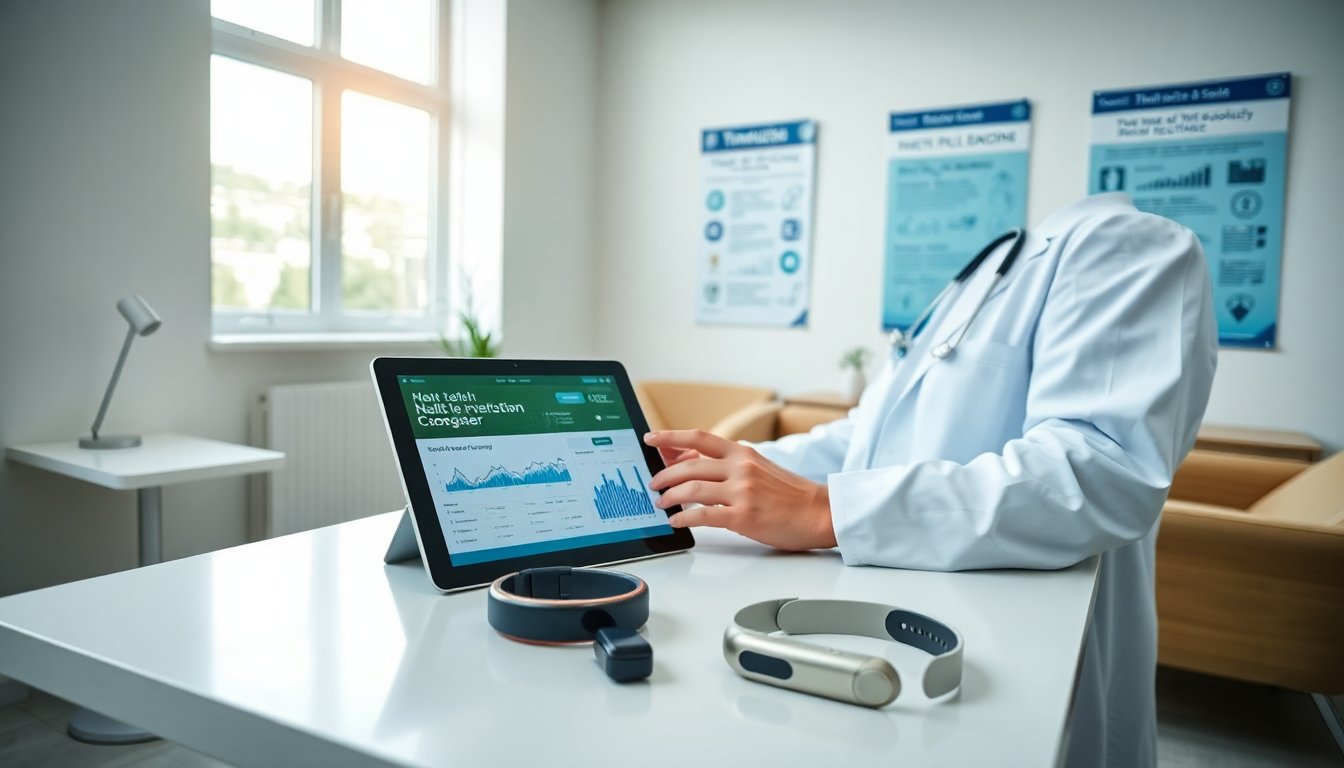Table of Contents
Identifying the clinical need
The healthcare landscape has encountered numerous challenges, such as escalating costs, accessibility issues, and the demand for personalized patient care. Clinical trials and real-world data emphasize the need for innovative solutions that boost patient engagement and enhance health outcomes.
The proposed technological solution
Digital health technologies, including telemedicine, wearable devices, and mobile health applications, are becoming vital tools in meeting these clinical needs. These technologies allow patients to monitor their health in real-time, receive timely interventions, and maintain ongoing communication with healthcare providers.
Scientific evidence supporting the innovation
Recent studies published in Nature Medicine and the New England Journal of Medicine highlight the effectiveness of digital health interventions in managing chronic diseases. For example, a notable clinical trial found that patients utilizing wearable devices for remote monitoring experienced a 30% decrease in hospitalization rates compared to those who did not use such technology. Additionally, the combination of biomarkers and machine learning algorithms offers the opportunity to customize treatment plans, ensuring that healthcare solutions are aligned with the specific needs of each patient.
Implications for patients and the healthcare system
From the perspective of the patient, digital health innovations offer enhanced access to care and improved health literacy. As patients become more engaged in their health management, studies indicate they are likely to experience better outcomes and increased satisfaction. For the healthcare system, these technologies can lead to reduced costs and improved efficiency, ultimately benefiting both providers and patients.
Future perspectives and expected developments
Looking ahead, the future of digital health is poised for further advancements. As technology evolves, the integration of artificial intelligence and big data analytics is expected to optimize patient care. However, ethical considerations must remain a priority, ensuring that patient privacy and data security are upheld throughout these innovations.


